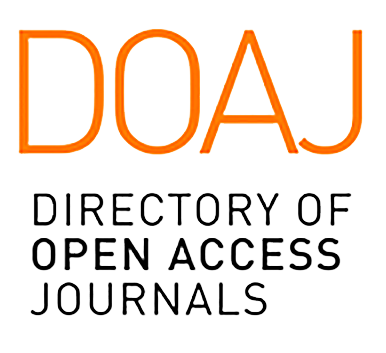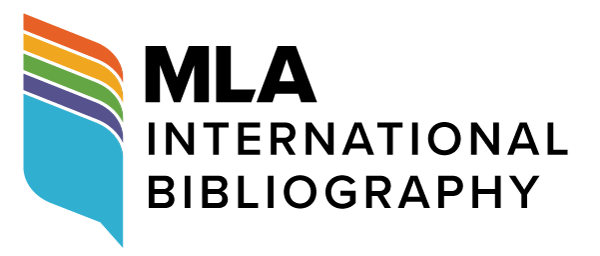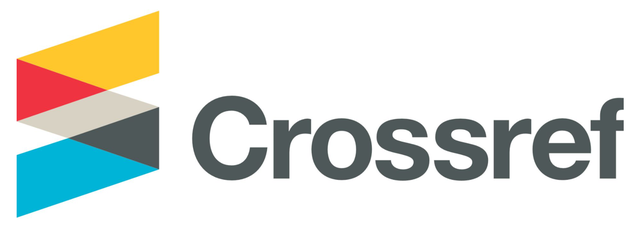

2708-9517






MLA Directory of Periodicals
REAO: East Asian Studies Journals
EBSCO Education
DOAJ
ProQuest
Google Scholar
Semantic Scholar
ROAD
BASE
Helka Helsinki Library
Baidu Scholar
Ex Libris
Jouroscope
US Department of Commerce Research Library

Qun Ao
United States Military Academy, USA
Abstract
This study investigates how teachers can best assist students of Chinese as a foreign language (CFL) in acquiring Chinese tones in the classroom by analyzing: (a) the differences between students’ tonal errors in classroom interaction and in reading sentences aloud; (b) the types of teachers’ error treatments; (c) the relationship between students’ tonal errors and their perspectives on error corrections; (d) the relationship between teachers’ error corrections in classrooms and their perspectives on tonal errors and corrective feedback. The data sources included audio recordings of 15 hours of classroom visits to 5 teachers’ first-year classes, 2 hours of 26 students’ performance on a tonal achievement oral test, and teachers’ and students’ surveys. Results indicate that the degree of attention to speech in different settings causes variations in tonal error patterns. Students who preferred self-correction made fewer tonal errors in the reading aloud tests. Among all linguistic explanations, describing the pitch contour of tones was the least preferred error treatment strategy for the teachers and students. Simply asking students to repeat teachers’ model of appropriate tones without any additional guidance constituted the least effective but most frequently used corrective strategy. The teachers also often ignored tonal errors and expected students to overcome their problems by memorizing Chinese tones. In agreement with the Vygotskyan perspective that perceives the nature of error correction as a collaborative activity, the findings show that successful error corrections require teachers and students to co-construct the linguistic knowledge and transition from external corrective interaction to students’ self-assistance. Based on these findings, it suggested how teachers can strategically correct tonal errors.
Keywords
Corrective feedback, error correction, Chinese tones, sociocultural theories, scaffolding strategies
从社会文化理论和认知语言学的角度解析纠错对汉语声调习得的影响
敖群
西点军校,美国
摘要
本文从以下几个方面入手分析,探讨老师怎样才能更好地协助汉语作为外语的学生学习声调:(a) 学生在课堂上和朗读时声调错误的不同;(b) 老师处理声调错误的方法;(c) 学生的声调错误与他们对纠错的看法之间的关系;(d) 老师的纠错行为与他们对声调错误和纠错策略的看法之间的关系。收集的数据包括对 5 位一年级中文老师 15 个小时的课堂观察和录音;26 个学生 2小时的朗读测试录音;老师和学生的问卷调查。研究发现,在不同环境中对说话的注意力程度会导致不同的声调错误模式。有自我纠错倾向的学生在朗读测试中错误出现率较低。对于各种声调纠错的方法,老师和学生最不喜欢的是用描述声调图的策略。另外,简单地要求学生重复老师的示范是效果最有限、但使用最多的方法。老师们还常常忽略声调错误,并希望学生通过记住声调来克服他们的错误。本研究结果与 Vygotskyan 的纠错是“协作活动”的观点一致,展示出只有老师和学生在纠错过程中共同建立关键语言知识,才可以成功地把学生从外部纠错互动提升到自我帮助的境界。根据研究结果,本文给老师们提供了一些如何有效地纠正声调错误的建议。
关键词
纠正反馈 , 纠错 , 汉语声调 , 社会文化理论 , 脚手架策略